Best Discoveries in Reading 2024: Fiction
In 2024, my general fiction reading covered the years 1946 to 2024. (Crime fiction will be covered in an upcoming post.) A few notes:
I read much more fiction than this, but these are the novels and short story collections I spent the most time contemplating after I finished them.
I did not read a novel by William Faulkner this year, but I’ll try to make up for it by reading two in 2025.
I didn’t read as many works in translation as I would’ve liked. Again, maybe I’ll read more of those in 2025.
But here’s what I enjoyed the most this year in fiction, mostly in the order I read them:
The Maniac (2023) Benjamín Labatut
I rarely read a library book and immediately buy it in hardcover (at full price), but that’s what happened with The Maniac. I read Labatut’s When We Cease to Understand the World in 2023 and was blown away by it, yet The Maniac is even better. It probably helps that the book focuses on polymath John von Neumann (who fascinates me to start with), exploring his genius and brilliance while noting his broken relationships. Yet Neumann, whose work led to inevitable advances in AI, is fascinating and terrifying. Read Labatut.
This Island Earth: 8 Features from the Drive-In (2023) Dale Bailey
I regret that this is the first Dale Bailey collection I've read since The Resurrection Man’s Legacy and Other Stories over 20 years ago, but I'll soon be filling in the gaps of his work I've missed. Don’t let the Ilan Sheady cover fool you into thinking these are goofy '50s sf stories with a light touch. Although there's plenty of humor here, prepare for these tales to move you deeply. "Night Caller from Outer Space" and the collection's final story, "The Ghoul Goes West," are unforgettable emotional powerhouses. Bailey clearly loves his characters, and you'll love them as well. Highly recommended.
The Day the Call Came (1964) Thomas Hinde
I’d never heard of this short novel before listening to the Mookse and Gripes Podcast focusing on their favorite reads in 2023. Harry Bale, living in the quiet suburbs with his wife and two children, enjoys gardening and a rather unremarkable life. Yet, while awaiting a call from his supervisors on a hidden radio transmitter, Harry picks up strange messages. Terrifying and humorous, The Day the Call Came is a study of paranoia and perhaps more. It’s just the novel we need during our own crazy times.
Crossing to Safety (1987) Wallace Stegner
Some books you read at just the right time in life, and for me, this is one of those. If I had read Crossing to Safety as a young man, it would not have impacted me in the least. Yet, in this season of life, it resonates. Goodreads describes the book this way: “Two couples meet during the Depression years in Madison, Wisconsin, and become devoted friends despite vast differences in upbringing and social status.” That description removes everything that makes this book vibrant, joyful, anxious, fearful, exuberant, ambitious, humbling, and lovely. No simple summary can do it justice. I hope you’ll read Crossing to Safety and experience its richness. I plan to return to it in a few years to see if it resonates as well as it does now.
Not Even the Dead (2020) Juan Gómez Bárcena (Katie Whittemore, translator)
This novel begins in 16th-century colonial Mexico and ends much later, chronicling the quest of a former soldier named Juan de Toñanes. Juan is hired to hunt down a renegade Indian accused of spreading dangerous philosophical and possibly heretical theological beliefs. Juan’s journey is filled with devastation, nightmares, humor, and many stream-of-consciousness digressions. Calling the book a fever-dream cross between Don Quixote and James Joyce isn’t too far off the mark. Often confusing, sometimes brilliant, Not Even the Dead is a relatively short book (300 pages) that required a lot from me, but it was worth it.
Train Dreams (2002) Denis Johnson
Inspired by the New York Times list of Best Books of the Century, I decided to try a new-to-me author. If this novella is any indication of Johnson’s talent, I should read everything he’s ever written. From the point of view of Robert Grainier, a day worker in the American West at the turn of the 20th century, Johnson paints an odyssey of loss and defeat as well as the transformation of America as seen by one man’s lifetime covering little territory geographically, but vast landscapes of the heart. The last moments of the book are unforgettable.
Delta Wedding (1946) Eudora Welty (from the Library of America volume Eudora Welty: Complete Novels)
There’s a sense in which nothing much happens in Delta Wedding, yet another in which an entire world comes to life. The story centers on Dabney Fairchild, daughter of a plantation family in 1920s Mississippi, as she prepares for her wedding to Troy Flavin, the plantation’s overseer. The novel contains at least 30 characters appearing in the story and many others mentioned. My favorite is Dabney’s Uncle George, who married a woman the family considered “beneath him.” Maybe they were right. She recently abandoned George, and, of course, has the nerve to show up at the wedding.
As a Southerner, I recognized these people and recoiled at much of their behavior. Theirs is an insular, privileged world that moderns can quickly judge, and while I do not defend all of their attributes, I understand them. (This footnote1 is a long quote from Chapter 2, but it speaks to what I’m talking about.)
The Night Visitor and Other Stories (1966) B. Traven
B. Traven is one of the most enigmatic writers of the 20th century, perhaps of all time. We may never know his real name, nationality, or date and place of birth. Most people know him as the writer of The Treasure of the Sierra Madre (1927, filmed in 1948), but that book only begins to scratch the surface of Traven’s greatness. The ten stories in this collection (including three novellas) convey an authentic, lived-in feel for Mexico, its people, and its culture. The title story involves an American in the Mexican bush whose imagination tries to grapple with Mexican and Indian folk legends. It may or may not contain elements of the supernatural. “The Cattle Drive” challenges any Hollywood Western regarding authenticity and believability. The most noirish story, “Midnight Call,” concerns an American English teacher who finds a group of men knocking on his door in the middle of the night, seeking him out for his rumored medical knowledge. “Friendship” is one of the most remarkable dog stories I’ve ever read (and you won’t forget it, either). Yet the final story, “Macario,” a fantasy/fable based on a Brothers Grimm tale, will leave you awestruck, wondering why Traven isn’t required reading. (“Macario” was filmed in 1960 and can be viewed here.) Print editions are hard to find, but the eBook is readily available. Seek this out.
Tiny Love: The Complete Stories (2019) Larry Brown
Although I’m from the South, I’ve unintentionally neglected several Southern writers along my reading journey, an oversight I’m working to correct. I wish I’d known earlier how good Larry Brown is, but this collection of his short fiction serves as a wonderful introduction to his work. Filled with the kinds of people you typically meet in Brown’s home state (and mine) of Mississippi, Tiny Love delivers defeat, tragedy, outrageous comedy, and quiet reflection, sometimes all in the same story. “Facing the Music” may be the saddest relationship story I’ve ever read, yet “The End of Romance” left me howling with laughter. I recently picked up one of Brown’s novels, Father and Son, to read in 2025, so I’ll keep you posted.
Magic Terror: 7 Tales (2000) Peter Straub
I had forgotten how incredibly dark Peter Straub’s work is, yet his talent is immeasurable. Each of the seven stories in this collection is unique, yet two of them (“The Ghost Village” and “Bunny is Good Bread”) are directly related to Straub’s previous novels. “Bunny is Good Bread” may be the most disturbing story I’ve ever read, focusing on child abuse. (You’ve been warned. It’s a tough read.) “Mr. Clubb and Mr. Cuff,” a Stoker Award-winning novella loosely based on Herman Melville’s short story “Bartleby, the Scrivener,” is about an upscale lawyer who hires two men to investigate his wife’s infidelity. This dark, dark comedy brilliantly comes full circle from its unusual beginning. “Porkpie Hat” is probably the collection’s easiest entry point, the story of a young jazz fan interviewing an elusive tenor sax legend, finding out more than he’d bargained for.
Lost Estates (2024) Mark Valentine - Swan River Press
I’d first like to thank Forrest A. for reviewing this collection of short stories from an author and a publishing house I’d never heard of. Forrest’s designation of “strange tales” is probably the best term for these stories, many involving book collectors and unique titles (real or imagined, I have no idea). The stories contain elements of the unexplained, folk horror, and strange interactions with odd people and/or places. I plan to splurge for Valentine’s next hardcover from Swan River Press, a small publisher in Ireland. SRP hardcovers are priced around €40.00, not counting international shipping, but from what I’ve read, these books display beautiful craftsmanship and are normally limited to 400-500 units. If you’re on the fence, their paperback editions are quite affordable.
Beautyland (2024) Marie-Helene Bertino
Once I’ve told you the premise of Beautyland, you’ll think, “Yeah, this has been done before. I don’t need to read this.” You’d be right and wrong. Beautyland traces the life of Adina, an alien born of a human Earth woman. Adina has been sent to Earth to live as a human, but more importantly, to discover whether our planet would be a good place for her alien race to relocate. Adina reports to her superiors via a fax machine. If you’re thinking of all the cliches and problems any author attempting such a story could encounter, rest assured that Marie-Helene Bertino knows how to transcend them without sentimentality, ridiculousness, or coincidence. This is a terrific novel.
UPDATE: I sneaked one more novel onto my list, a book I just finished:
The Radiance of the King (1954) Camara Laye (James Kirkup, translator)
I’m somewhat embarrassed to have only one NYRB Classics title on this year’s list, but wow, was this a stunner. A white European man named Clarence finds himself shipwrecked on the coast of West Africa. We don’t know where he’s from or where he is going, but we learn quickly that he feels a huge sense of entitlement, disdaining the locals and their customs. Eager to leave as quickly as possible, Clarence seeks an audience with the king, but the ruler has already recently appeared in the area and is headed south. Demanding to see him, Clarence settles for the company of a beggar and two incorrigible teenage boys. Do they have his best interests in mind? Does Clarence have any choice but to follow them? I was mesmerized by this novel and thought I knew where it was headed. (I didn’t.) If you pick up the NYRB Classics edition, don’t read the Toni Morrison introduction until after you’ve read the novel. I’ll be thinking about this one for a long time.
Please let me know what fiction you read in 2024.
It was actually Uncle George who had shown her (Dabney) that there was another way to be - something else… Uncle George, the youngest of the older ones, who stood in - who was - the very heart of the family, who was like them, looked like them (only by far, she thought, seeing at once his picnic smile, handsomer) - he was different, somehow. Perhaps the heart was always made of different stuff and had a different life from the rest of the body. She saw Uncle George lying on his arm on a picnic, smiling to hear what someone was telling, with a butterfly going across his gaze, a way to make her imagine all at once that in that moment he erected an entire, complicated house for the butterfly inside his sleepy body. It was very strange, but she had felt it. She had then known something he knew all along, it seemed then - that when you felt, touched, heard, looked at things in the world, and found their fragrances, they themselves made a sort of house within you, which filled with life to hold them, filled with knowledge all by itself, and all else, the other ways to know, seemed calculation and tyranny.






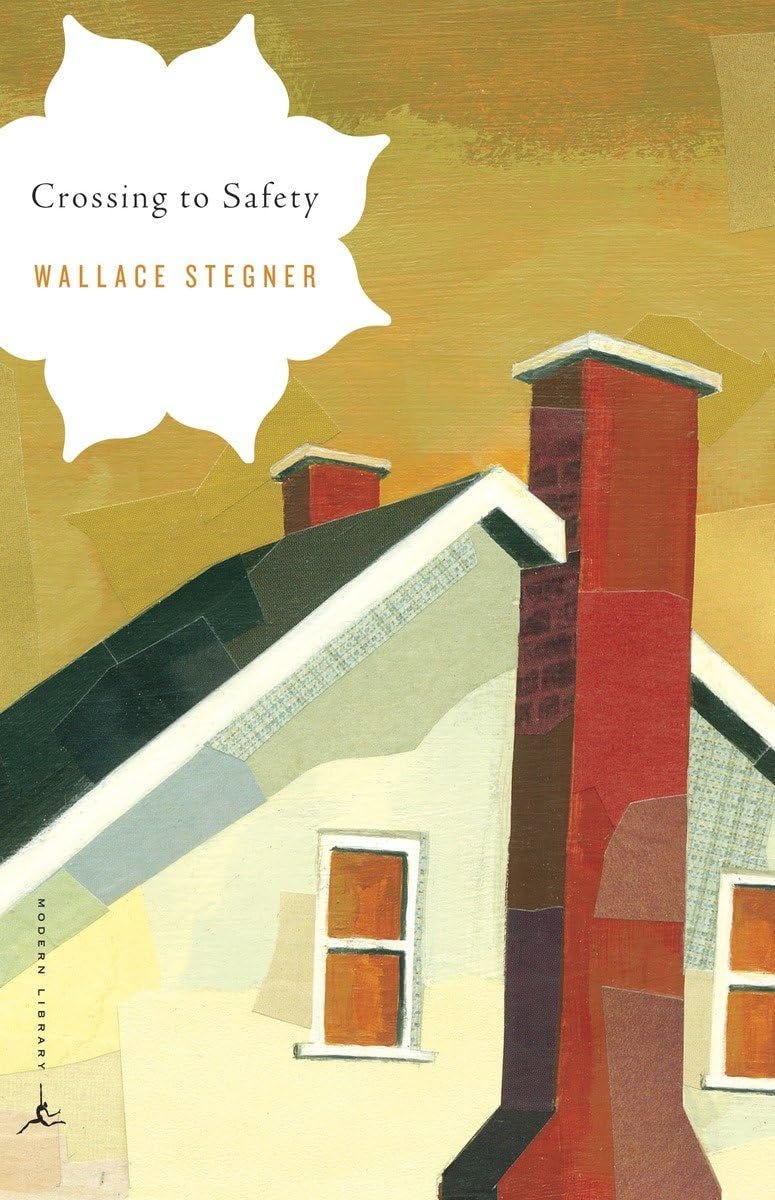

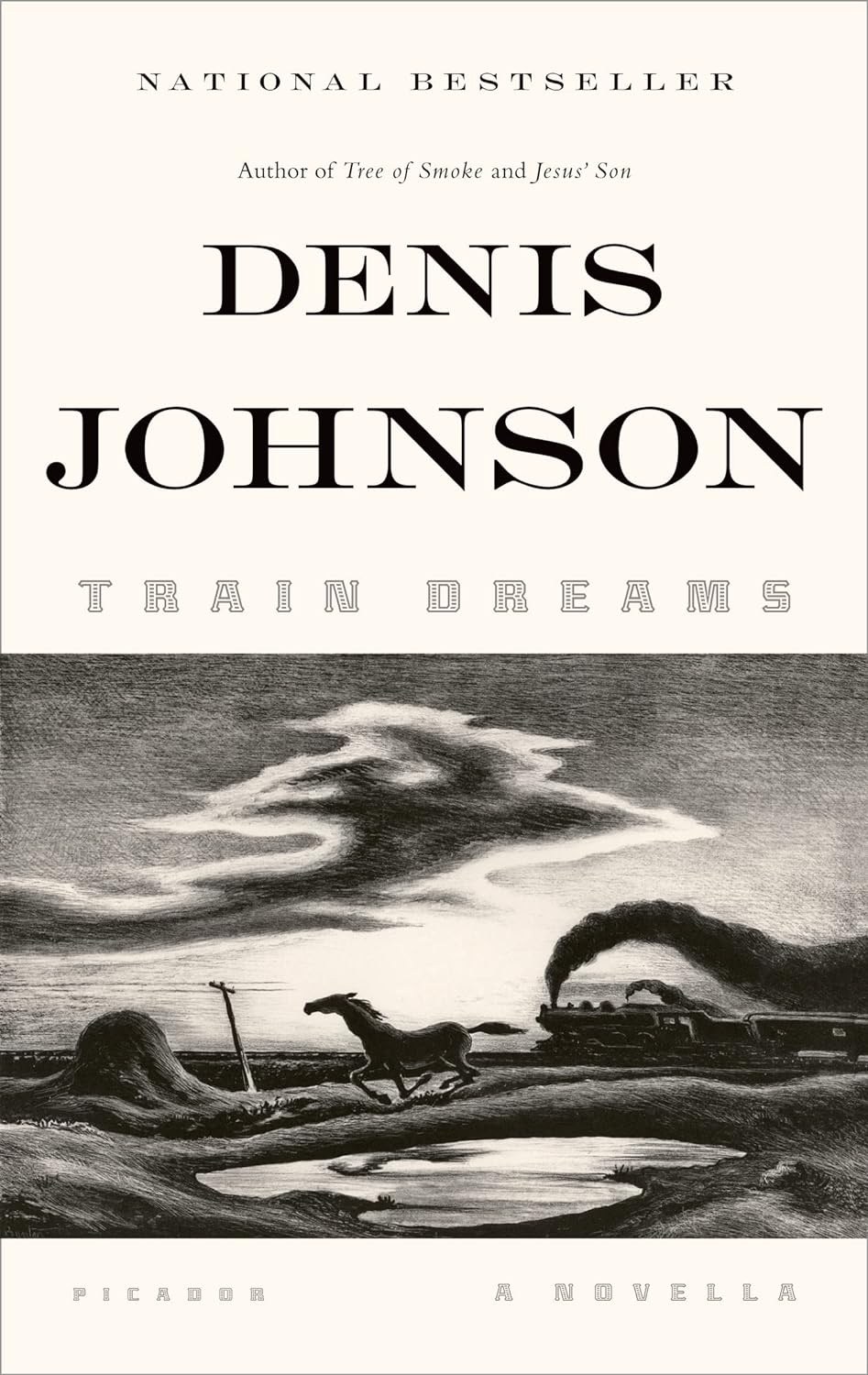
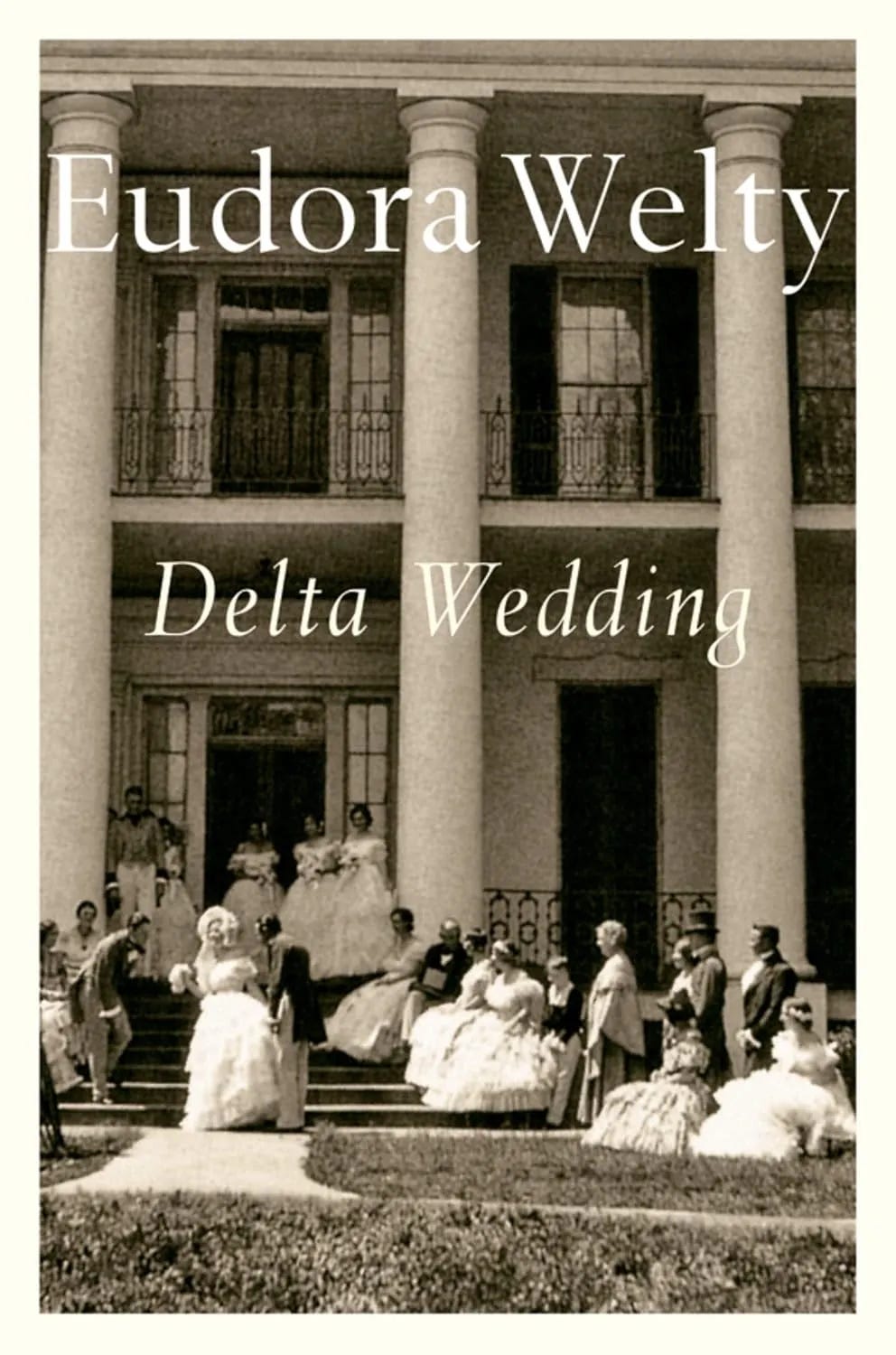

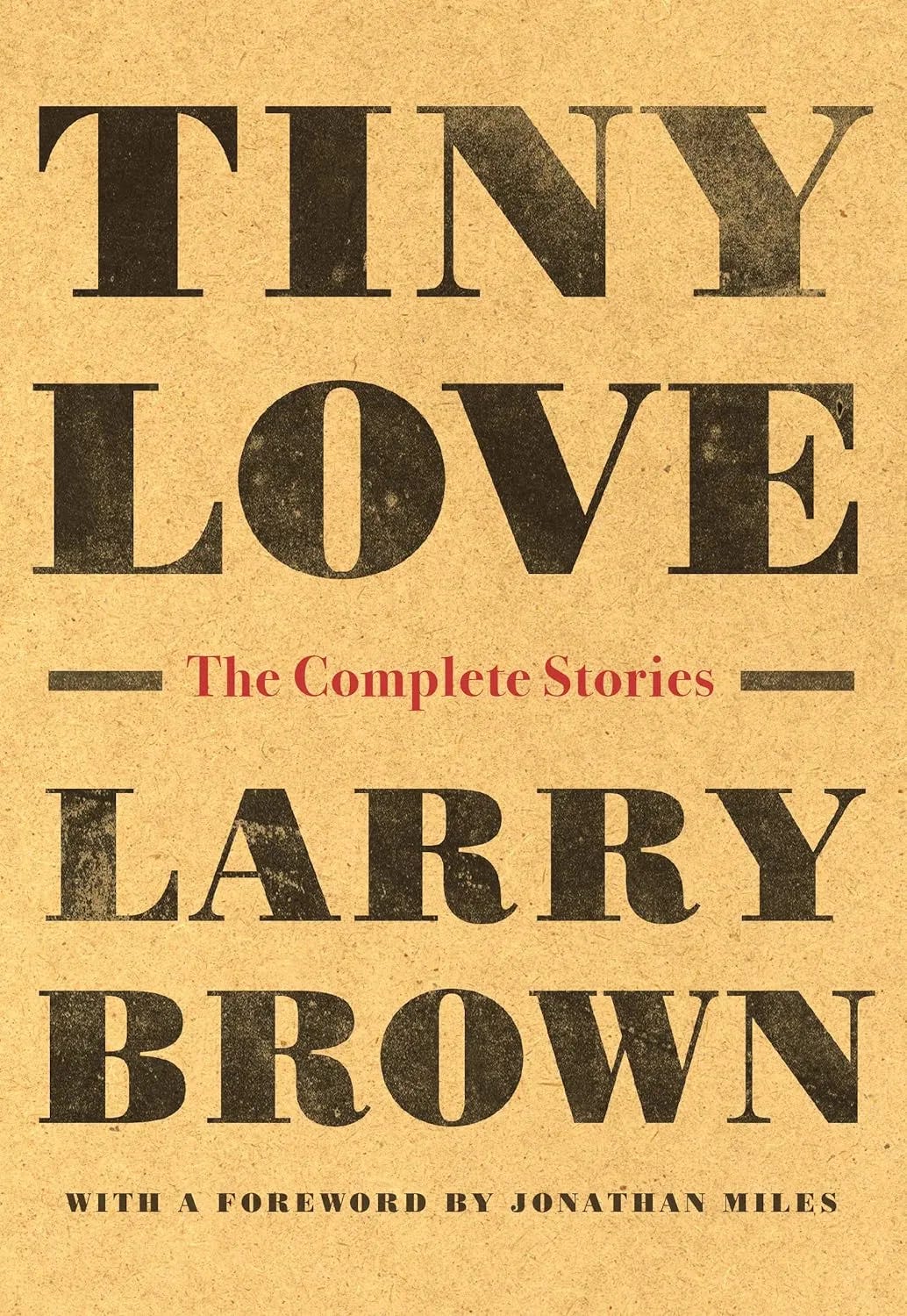

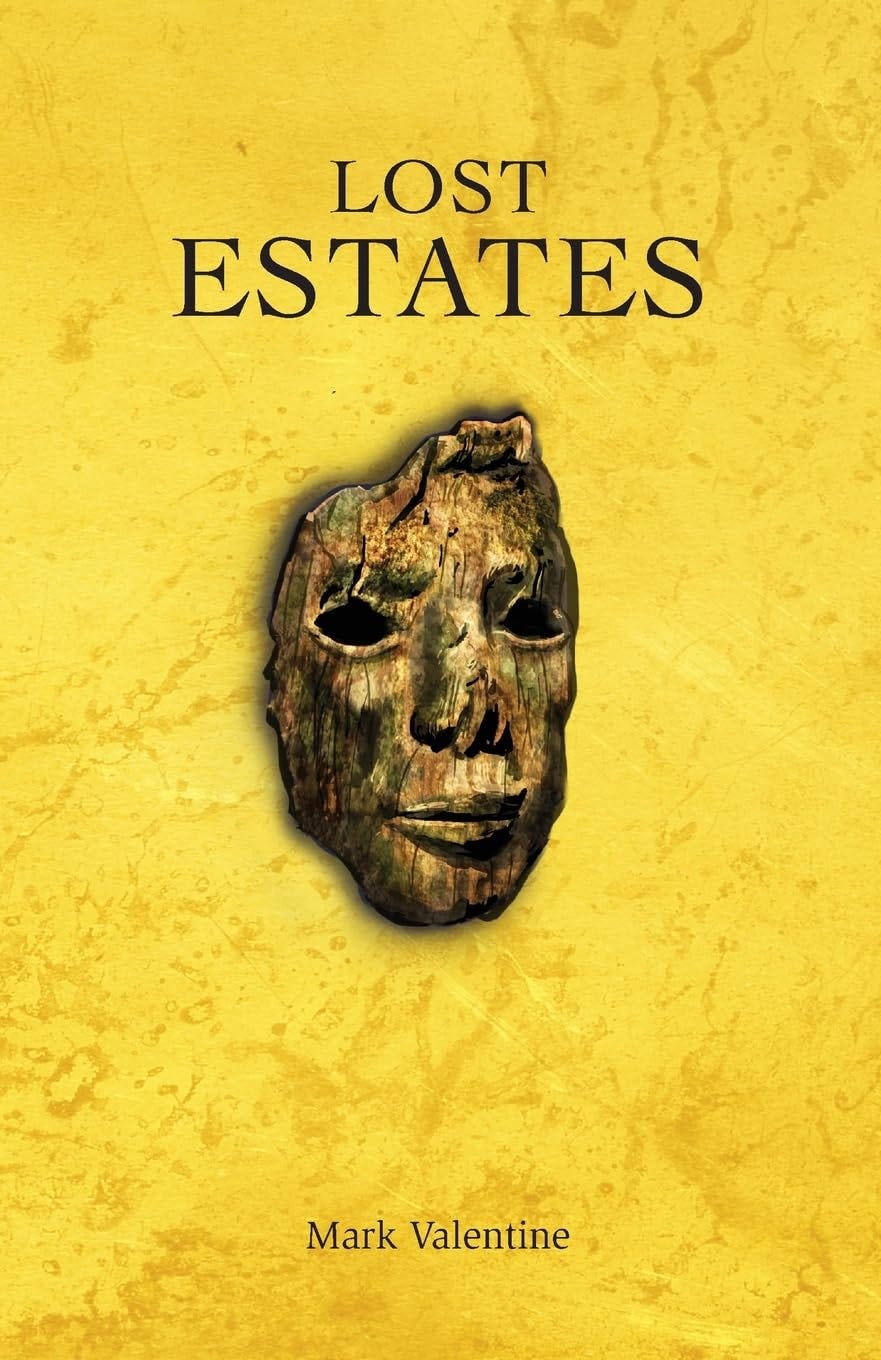
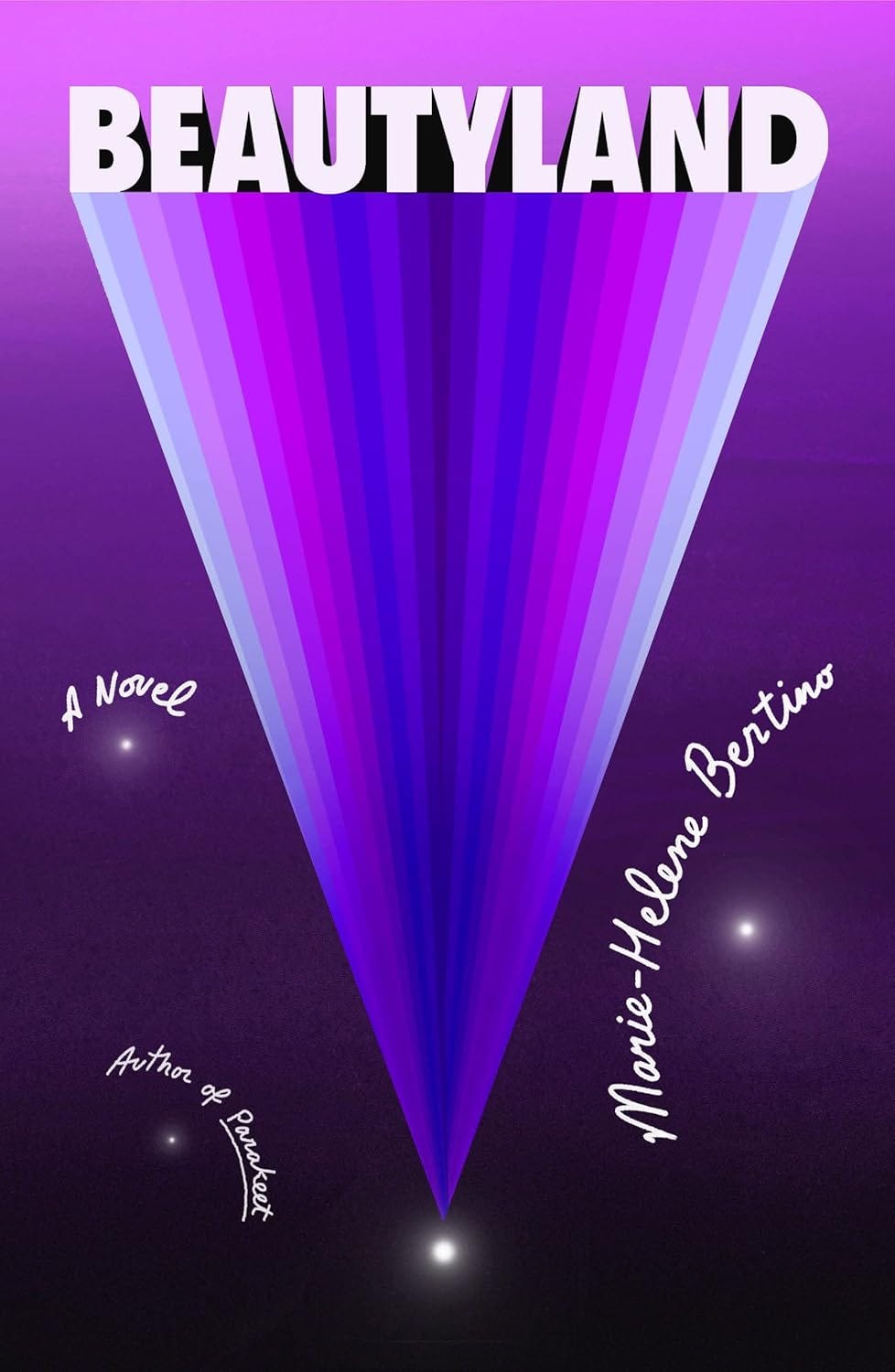
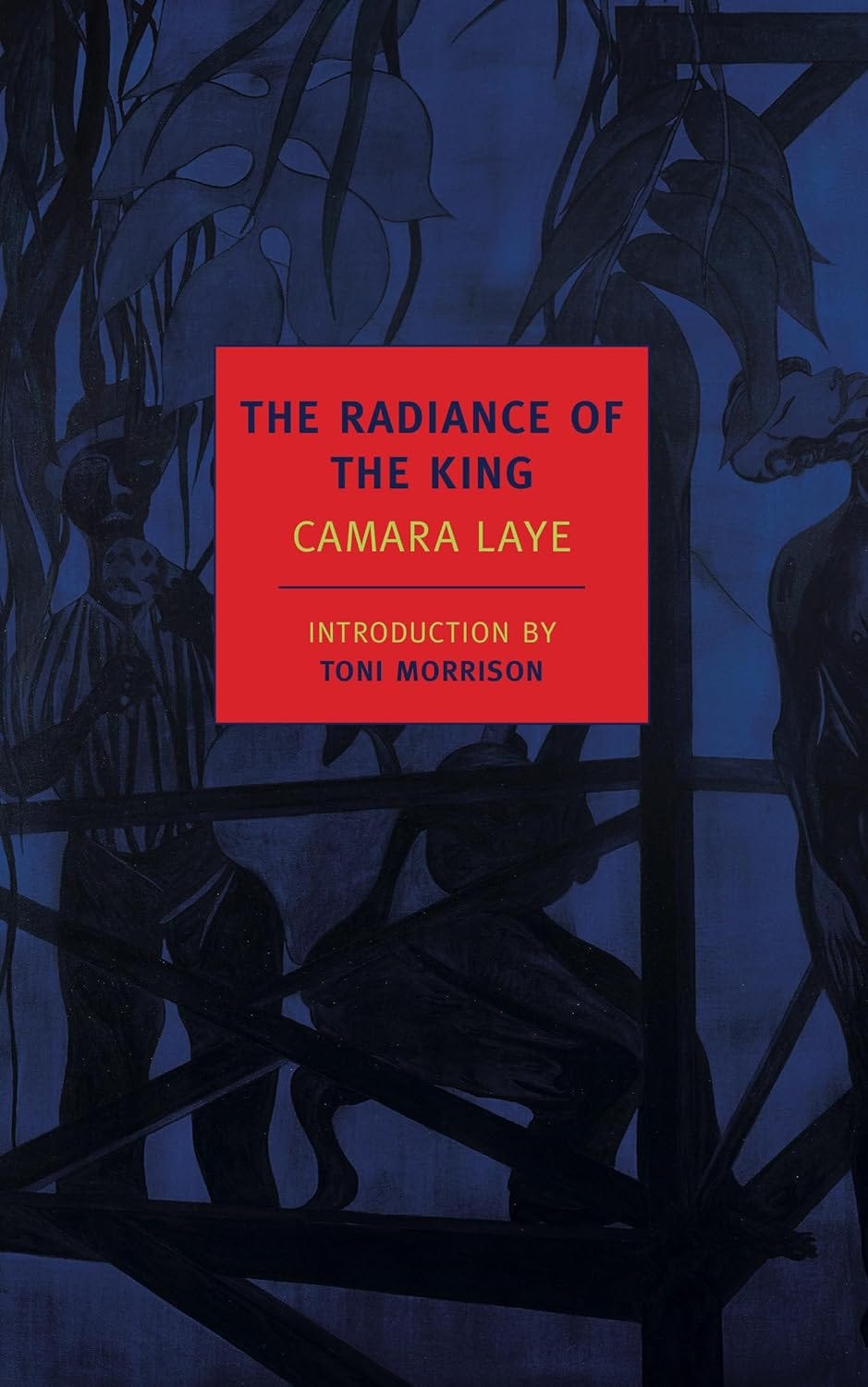
Unlike you, I only manage to get through a book per month despite my best efforts. But unlike you (this year), most of them were translations. Looking back over the year, the translations were from (in order): Russian, Bulgarian, Russian (Ukrainian author), French, Czech, French, English, Lithuanian, Spanish, German, Albanian, Russian.
The English novel was Forster's Maurice, which, being written in 1913-14, was so full of Oxford student slang from that time and items/conventions that no longer exist that it could have used a translation! Weirdly I've never had that issue with other books from that time or earlier, but for some reason in Maurice it really stood out. (which Forster kind of admits in a commentary. I don't have it in front of me, but I believe he said something about it being almost immediately outdated, since the world changed so quickly right after he wrote it)